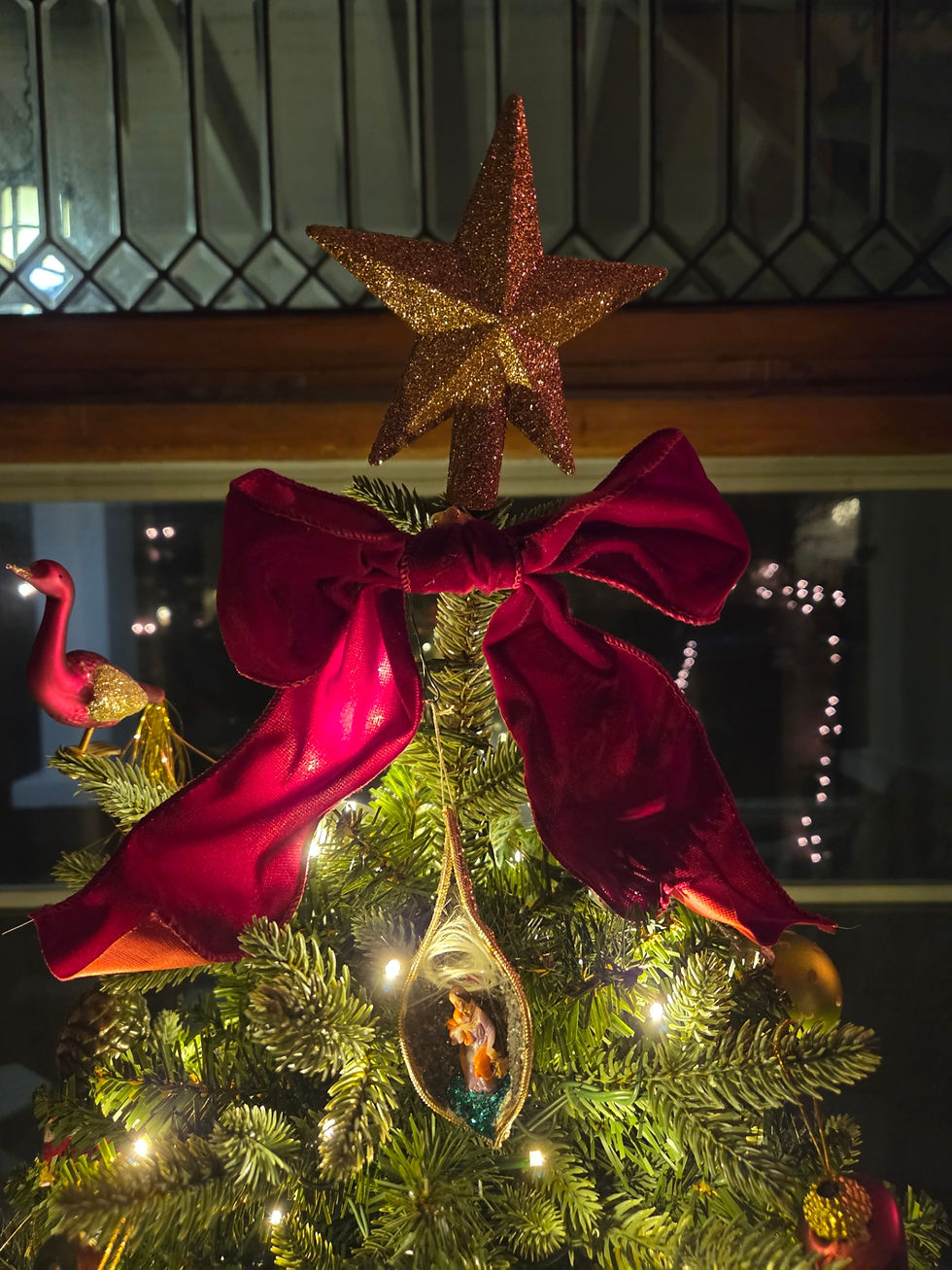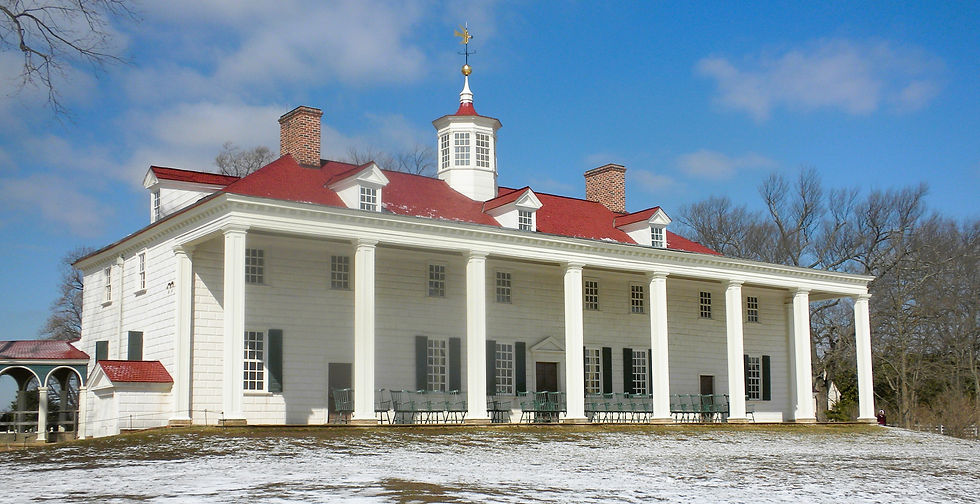Gratitude Friday 7 4 25 Independence Day 2025
- Bill Stauffer

- Jul 4, 2025
- 4 min read
“We hold these truths to be self-evident, that all men are created equal, that they are endowed by their Creator with certain unalienable Rights, that among these are Life, Liberty, and the pursuit of Happiness. That to secure these rights, Governments are instituted among Men, deriving their just powers from the consent of the governed. That whenever any Form of Government becomes destructive of these ends, it is the Right of the People to alter or to abolish it, and to institute new Government, laying its foundation on such principles and organizing its powers in such form, as to them shall seem most likely to affect their Safety and Happiness.” ― Thomas Jefferson, The Declaration of Independence

Two hundred and forty-nine years ago on July 4th, 1776, thirteen colonies declared independence from the world superpower of the era, the British empire. Fifty-six delegates from the thirteen colonies signed that declaration. They were mostly American born although eight immigrated from foreign soil. The ages of the signers ranged from 26 (Edward Rutledge) to 70 (Benjamin Franklin), but most of them were in their thirties or forties. More than half of those who put quill to parchment were lawyers and the others were farmers, merchants and shippers. The actual placing of signature on the document by the majority of those who did so did not actually occur on July 4th, but nearly a month later in early August of 1776.
Think about the words “declaration of independence” for a minute and what they actually mean. It can be hard, as we consider it a holiday or an event we learned was an occurrence worthy to note but one we do not actually consider deeply. It is simply defined as the day of the assertion of autonomy. It is saying that the destiny and direction of our nation in in own hands and not to be directed or controlled by any another. It was quite a radical notion 249 years ago. That is what they signed for all of us. The governance in place was colonialism, which itself is a word to reflect on. The dictionary definition of colonialism is “the policy or practice of acquiring full or partial political control over another country, occupying it with settlers, and exploiting it economically.” We were ruled from abroad by nobility who believed in a divine right of authority.
Those signers raised the proverbial middle finger to the noble and said no more kings for us. They paid a high price for their assertion of autonomy. Nine of the 56 signers of the Declaration of Independence died as a result of wounds or hardships they suffered during the Revolutionary War. Additionally, five signers were captured by the British, imprisoned, and tortured as traitors. Many signers also faced personal hardships, including having their homes ransacked and burned, losing family members, or experiencing financial ruin. It is a history I have always felt connected to as my ancestor was a patriot who saved the Liberty Bell from being smelted down for British Bullets to be used against the Continental Army. He was a farmer who lived not far from where I rest my head at night. He risked his life, his family and his freedom for this purpose. I have revolutionary American history in my blood. We all do.
We owe them our independence. We should observe their sacrifice for our freedom not just through fireworks and back yard grilling on a holiday from work. But much more importantly in acknowledging the sacrifices that were made for us. Perhaps most importantly we should reflect on what sacrifices we may need to make to ensure that the next generation has what we were given by all every generation that have come before us.
We should also reflect that we could not have won the revolutionary war alone. We sent Benjamin Franklin, our first ambassador to the nation of France to ask for their assistance. They helped us. There was a second war of independence. The British attacked us again in 1812. They burned down our capital, yet we repelled the invasion and preserved our newborn and unique form of governance. One the world had never seen before. Over time, these wounds with Britan were healed. Over a hundred years later, we helped the British and other allies defeat the Nazi’s and we liberated France. If you think about it for more than a few minutes, the twists and turns of history are remarkable and at the core of why I love studying history. We should remain humble as history has a funny way of reversing roles. We can expect what we do to and for others to come back at us in the future. We may need help again and would be wise to have some humility on the world stage.
This weekly gratitude post is also a reflection on recovery, and I do see parallels here. Addiction was a force that colonized and controlled my life. That first day, months and years of recovery were a tenuous and uncertain battle for autonomy against an overwhelming force in my life. My independence from addiction is not guaranteed and takes effort to sustain. Humility in both our national identity and my own identity are vital to me. Neither battle was possible alone without allies and is never quite over. I am grateful for our independence. I am grateful for my recovery. Both require ongoing effort to sustain.
What are you grateful for today?










Comments